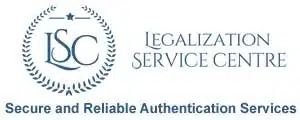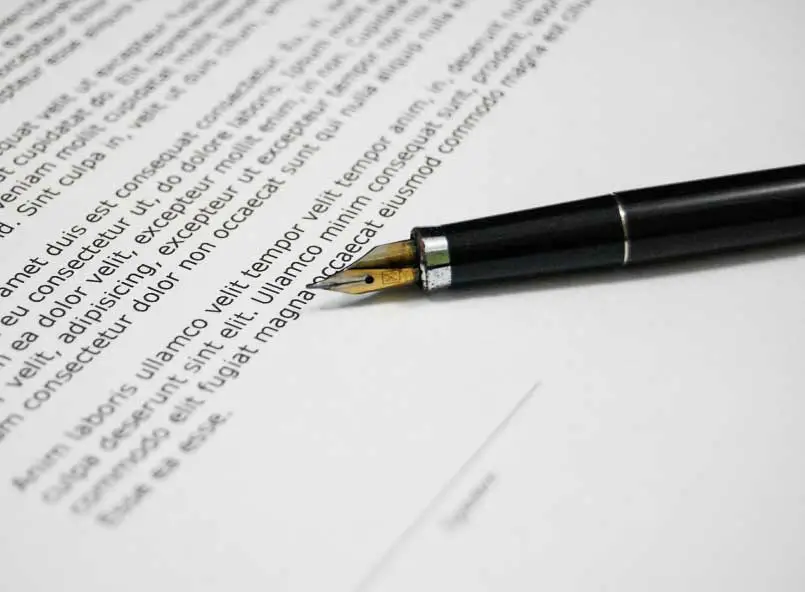An Apostille is an important certification which ensures that your documents remain valid and legal as you travel across nations. It is a means through which a legal document from one country could be acceptable and retain its validity in another country. This certification which is issued by a regulating power ascertains if the signature of a notary public or seal is authentic.
The notary apostille certification originated from the Hague Convention which took place on the 5th October, 1961. The convention abolished the need for legalizing foreign public documents among its members. A document which originates from a participating country for use in another country will require a notary apostille certificate that contains notary public’s signature or seal for its authentication. Individuals or firms authorized to use notary apostille certifications are selected by participating nations. However, Canada is not a signatory of the Hague Convention, hence, notary apostille certifications cannot be provided for its public documents.
Alternatively, Canada provides a Certificate of Authentication or Form 10 which is an International Certificate of Identity. This is an equivalent of an apostille which is used in nations that are signatory to the Hague Convention.
Procedure for Obtaining notary apostille Certification in Canada
Having established the fact that Canada does not offer an apostille certification, every public document will pass through a three-step process. These processes include:
- Notarization
- Authentication
- Legalization
Each of these processes will be discussed in details.
Notarization
While member countries of Apostille Convention recognize the notary apostille certificates, in Canada the notaries do not issue certificates, but still the documents need to have a notarization. Notarization is the first essential step for certification of your documents. Without it, Global Affairs Canada will not authenticate a public document. Here, documents are notarized by a notary public or a lawyer.
Different professions in Canada such as Professional Engineers, Lawyers, Medical Doctors, School Principals, etc can notarize their identity documents, but they are not entitled to issue notary apostille certificates.
Authentication
Authentication is a certification of the genuineness of a document. Please do not confuse it with notary apostille certificate. This process does not only verify the source of a document, but also confirms the genuineness of its signature, stamp or seal on the document, in order to ensure that any document which is issued and certified in one jurisdiction is recognized in another jurisdiction.
It should be noted that authentication does not confirm or certify if a document or its contents is genuine, legal or credible.
The notarized documents are hereby submitted to the Global Affairs Canada for authentication of Canadian signatures on them.
The requirements of authentication vary from one country to another. Hence, it is important to contact the embassy, high commissioner or consulate of the country you are sending your documents to and inquire if there is need for it. Some of them will still ask for notary apostille, but do not panic as authentication is only way in Canada to certify the documents.
Below are the documents that can be authenticated by the Global Affairs Canada Authentication Sector:
- Birth, marriage, divorce or death certificates
- Criminal record checks (police clearance) or fingerprint certificates
- Documents originating in a foreign country
- Documents originating in Canada in a foreign language
- Statements In Lieu of Certificate of Non-Impediment to Marriage Abroad
- Medical Reports
- Education Documents
- Court documents
- Police clearance letters
- Affidavits
- Power of attorneys
- Health Canada certificates, etc.
Legalization
This is the last stage of the process. Here, the documents which have been notarized and authenticated are verified by the country’s foreign consulate you wish to send your documents to. For instance, should you wish to send your authenticated documents to France, you must have them legalized by the French consulate.
As you can see, obtainig a notary apostille certificate is a quite confusing process.
Here, at Legalization Service Centre, we assist our customers to obtain stamps on their Canadian documents so that they are recognizable overseas.

